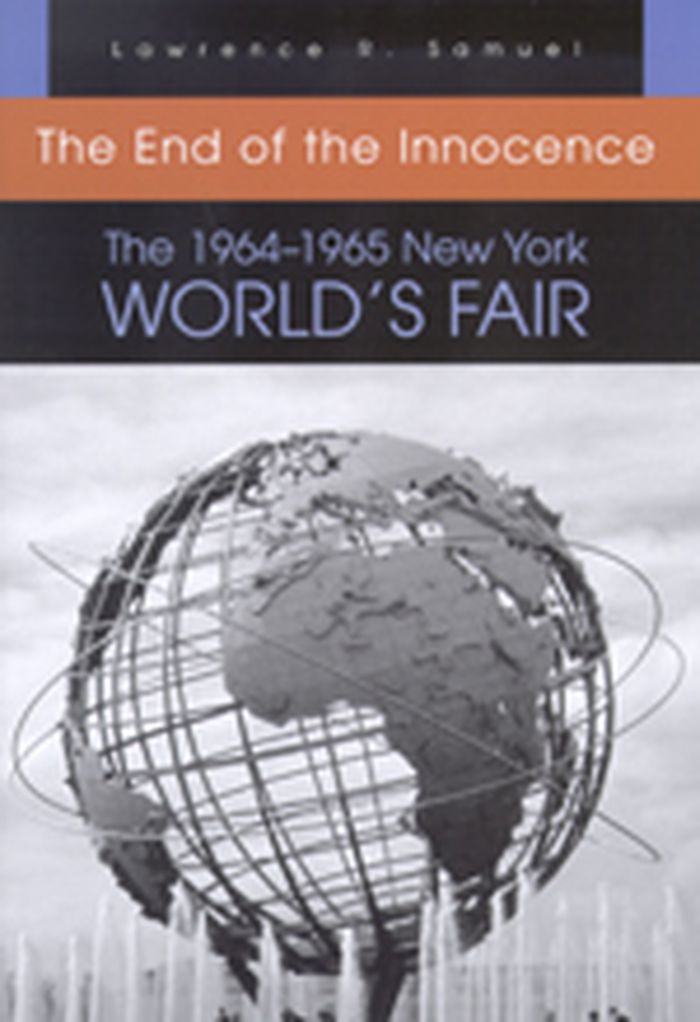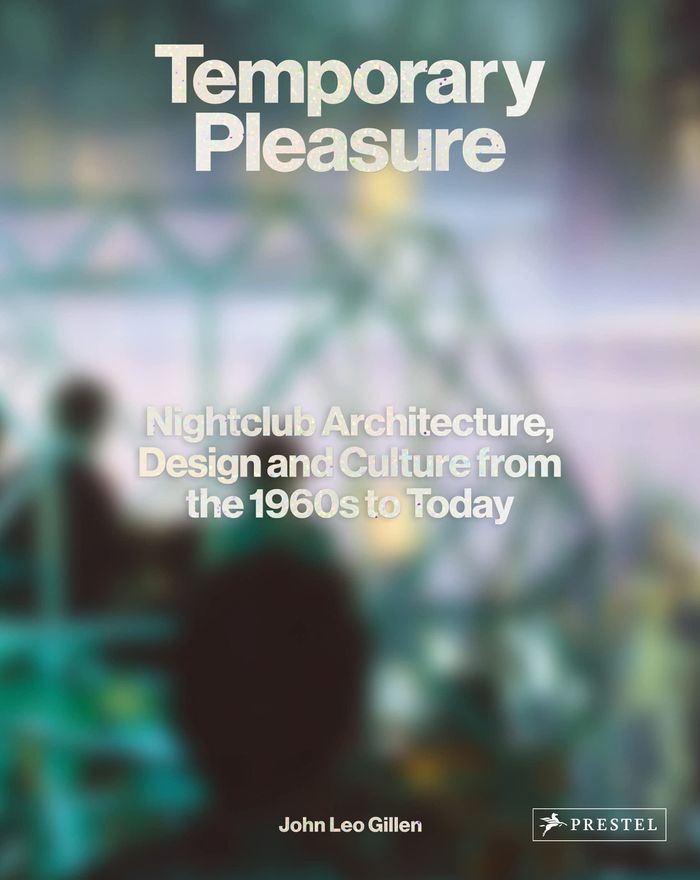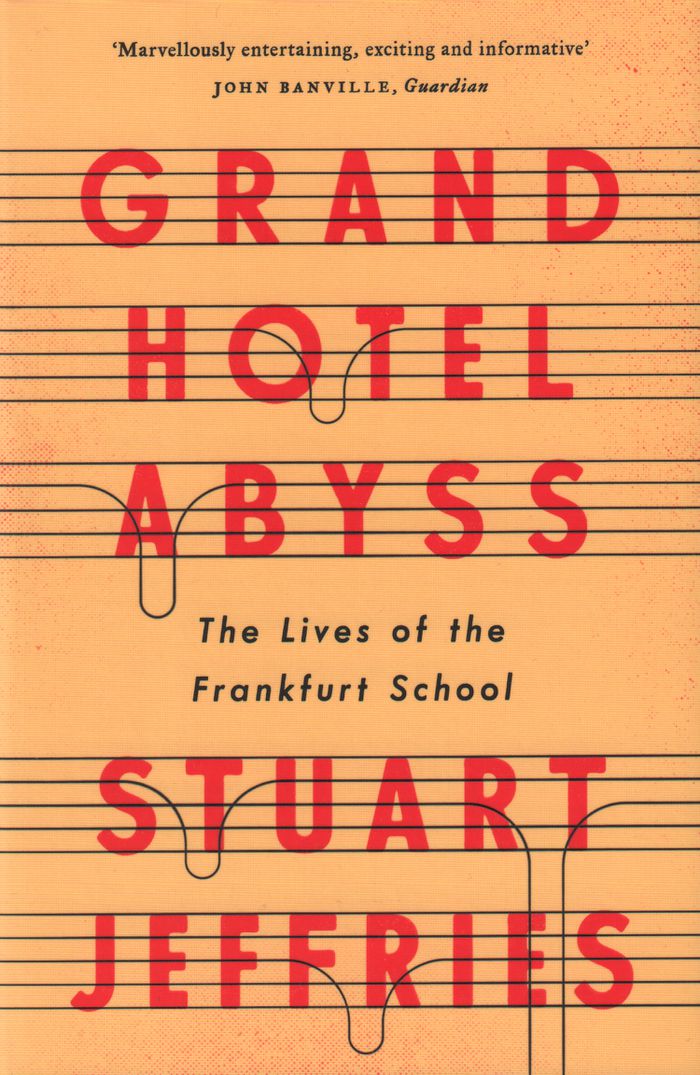Nejishiki
$39.95
(disponible en magasin)
Résumé:
''Nejishiki'' unveils the most iconic scenes from Yoshiharu Tsuge’s highly respected body of work alongside his most beloved stories. A cornerstone of Japan’s legendary 1960s counterculture that galvanized avant-garde manga and comics criticism, the title story follows an injured young man as he wanders through a village of strangers in search of emotional and physical(...)
Nejishiki
Actions:
Prix:
$39.95
(disponible en magasin)
Résumé:
''Nejishiki'' unveils the most iconic scenes from Yoshiharu Tsuge’s highly respected body of work alongside his most beloved stories. A cornerstone of Japan’s legendary 1960s counterculture that galvanized avant-garde manga and comics criticism, the title story follows an injured young man as he wanders through a village of strangers in search of emotional and physical release. Other stories in this collection follow a series of weary travelers who while away sultry nights and face menacing doppelgängers. Even banal activities like afternoon strolls uncover unsavory impulses. The emotionally and erotically charged imagery collected in this third volume remains as shocking and vivid today as it did upon its debut fifty years ago. Tsuge’s stories push boundaries, abruptly crossing the threshold of conventional storytelling. Unassuming protagonists venture further into eerie symbolism against a shadowy, perceptibly dreamlike landscape easily mistaken for the real world. The angst that pervades postwar Japanese society threatens to devour his characters and their pastoral sensibilities as each protagonist’s wanderlust turns surreal.
Illustration
$34.95
(disponible sur commande)
Résumé:
From April to October in 1964 and 1965, some 52 million people from around the world flocked to the New York World's Fair, an experience that lives on in the memory of many individuals and in America's collective consciousness. Lawrence R. Samuel offers a thought-provoking portrait of this seminal event and of the cultural climate that surrounded it, countering critics'(...)
octobre 2007, Syracuse
The end of innocence : The 1964-1965 New York world's fair
Actions:
Prix:
$34.95
(disponible sur commande)
Résumé:
From April to October in 1964 and 1965, some 52 million people from around the world flocked to the New York World's Fair, an experience that lives on in the memory of many individuals and in America's collective consciousness. Lawrence R. Samuel offers a thought-provoking portrait of this seminal event and of the cultural climate that surrounded it, countering critics' assessment of the Fair as the "ugly duckling" of global expositions. Although much attention has been paid to the controversial role of Fair president Robert Moses, who tried to use the event to ensure his personal legacy, the Fair itself was for the great majority of visitors an overwhelmingly positive, often inspirational, and sometimes transcendent experience that truly delivered on its theme of "peace through understanding." Much of the Fair's popularity, Samuel suggests, stemmed from its looking backward as much as forward, offering visitors sanctuary from the cultural storm that was rapidly approaching in the mid-1960s. Opening just five months after President Kennedy's assassination, the Fair allowed millions to celebrate international brotherhood while the conflict in Vietnam came to a boil. The Fair glorified the postwar American dream of limitless optimism just as a counterculture of sex, drugs, and rock 'n' roll was coming into being. It was, in short, the last gasp of the American Dream: The End of the Innocence.
$66.00
(disponible sur commande)
Résumé:
This unique look at the evolution of nightclubs across America and Europe since the 1960s reveals an unwavering truth about club culture--the one constant is change. Opening with the psychedelic haunts of the 1960s New York pop art scene and closing more than half a century later with the rise of post-club happenings, this publication shows how nightlife spaces have(...)
Temporary pleasure: Nightclub architecture, design and culture from the 1960s to today
Actions:
Prix:
$66.00
(disponible sur commande)
Résumé:
This unique look at the evolution of nightclubs across America and Europe since the 1960s reveals an unwavering truth about club culture--the one constant is change. Opening with the psychedelic haunts of the 1960s New York pop art scene and closing more than half a century later with the rise of post-club happenings, this publication shows how nightlife spaces have evolved to meet the needs of their generation, and how each generation was seeking something a little different from the one before. Each chapter focuses on a distinct phase and city: Italy's politically radical clubs of the '60s, New York City's disco scene, Detroit and Chicago's house and techno paradises, Ibiza's counterculture communal retreats, Britain's rave culture, and Berlin's techno scene. The clubs come to life in double-page spreads that feature specs and detailed profiles. Author John Leo Gillen offers his take on various important cultural, design and architectural details, while numerous photographs offer their own vibey stories. The book features interviews with people who were involved in a number of the scenes included, from NYC disco mainstay DJ Justin Strauss to Ben Kelly, architect of Manchester's legendary venue The Haçienda. As the world emerges from its Covid-induced isolation, this celebration of crowded rooms, dance-worthy beats, and communal transcendence feels more important than ever.
$22.99
(disponible sur commande)
Résumé:
In 1923, a group of young radical German thinkers and intellectuals came together to at Victoria Alle 7, Frankfurt, determined to explain the workings of the modern world. Among the most prominent members of what became the Frankfurt School were the philosophers Walter Benjamin, Theodor Adorno, Max Horkheimer, and Herbert Marcuse. Not only would they change the way we(...)
Grand Hotel Abyss: the lives of the Frankfurt school
Actions:
Prix:
$22.99
(disponible sur commande)
Résumé:
In 1923, a group of young radical German thinkers and intellectuals came together to at Victoria Alle 7, Frankfurt, determined to explain the workings of the modern world. Among the most prominent members of what became the Frankfurt School were the philosophers Walter Benjamin, Theodor Adorno, Max Horkheimer, and Herbert Marcuse. Not only would they change the way we think, but also the subjects we deem worthy of intellectual investigation. Their lives, like their ideas, profoundly, sometimes tragically, reflected and shaped the shattering events of the twentieth century. "Grand Hotel Abyss" combines biography, philosophy, and storytelling to reveal how the Frankfurt thinkers gathered in hopes of understanding the politics of culture during the rise of fascism. Some of them, forced to escape the horrors of Nazi Germany, later found exile in the United States. Benjamin, with his last great work—the incomplete Arcades Project—in his suitcase, was arrested in Spain and committed suicide when threatened with deportation to Nazi-occupied France. On the other side of the Atlantic, Adorno failed in his bid to become a Hollywood screenwriter, denounced jazz, and even met Charlie Chaplin in Malibu. After the war, there was a resurgence of interest in the School. From the relative comfort of sun-drenched California, Herbert Marcuse wrote the classic One Dimensional Man, which influenced the 1960s counterculture and thinkers such as Angela Davis; while in a tragic coda, Adorno died from a heart attack following confrontations with student radicals in Berlin. By taking popular culture seriously as an object of study—whether it was film, music, ideas, or consumerism—the Frankfurt School elaborated upon the nature and crisis of our mass-produced, mechanised society. Grand Hotel Abyss shows how much these ideas still tell us about our age of social media and runaway consumption.
Théorie/ philosophie



